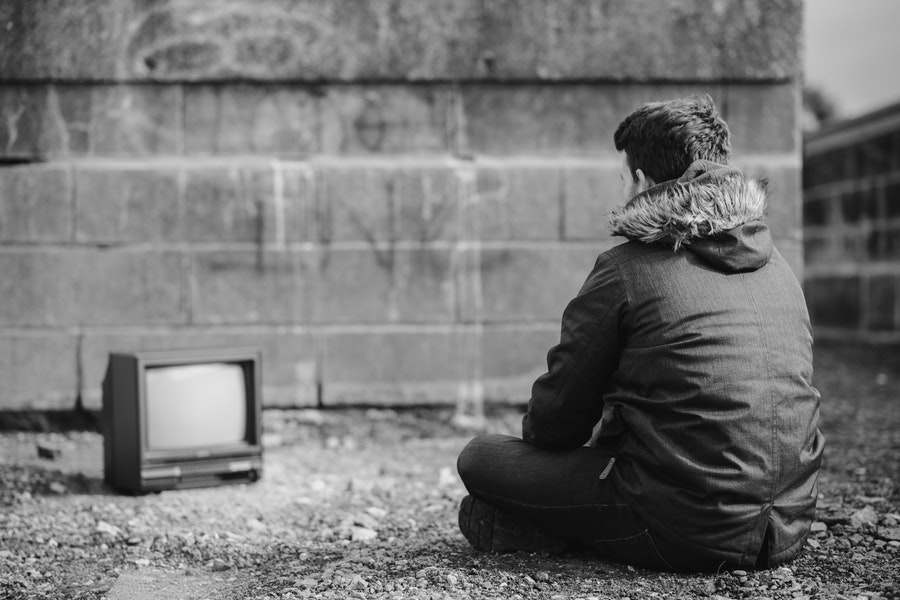There are naturally those sceptical of any new way of thinking or challenge to the status quo. The notion of universal basic income (UBI) as a panacea to what ails society is of course an attractive one but is not a mast to which many advocates of UBI would pin their respective colours. The comment that “UBI would not merely deliver a subsistence payment to all, but the guarantee of comfortable income” that I read recently in The Property Chronicle is not one that I, as a supporter of the UBI principle, would recognise.
In 1516, Thomas More published Utopia. A satire detailing an island where conditions were “as they should be”. In it he made the first, perhaps unknowing, reference to the idea of UBI. Every citizen on the aforementioned island is provided with “some means of support”. The generally recognised definition today is “a regular, secure payment made directly to every adult in a country”. The idea that the UBI payment would be in excess of the minimum living wage and would offer a comfortable living is not one I have previously seen.
The narrative that people would be compelled to stop working and take up a leisure-filled life based on receiving UBI is one to which I take exception. Firstly, any UBI would be lower than a standard wage: the most recent example given in the US by presidential candidate Andrew Yang was for a monthly $,1000 ‘freedom dividend’, with the intent to support people being increasingly displaced by technological automation. Secondly, the belief that people would somehow stop wanting to ‘better’ their situation. Why would receiving $1,000 a month make me less ambitious in my career, stop me striving to earn and spend more money? There is no evidence in the trials carried out that this is the case.
Why would receiving $1,000 a month make me less ambitious in my career, stop me striving to earn and spend more money?
People are often held back in life by the lack of ability to relocate, take on an opportunity or make other difficult decisions because of a lack of money. Moving to London would have been far easier, personally, if I hadn’t needed to take out a bank loan in order to have a rent deposit and first month’s rent. UBI would have given me and many others a greater sense of support than otherwise experienced. The thought of being denied an opportunity simply because of a lack of funds is one of the primary reasons we have an increasingly disjointed and disadvantaged society.
UBI gives the opportunity to approach social care, education and justice very differently than we do today. Rather than waiting for an issue to occur and then spend an excessive amount in addressing said issue, UBI gives a rare chance to address the cause. Poor health is connected with lower income: people below the poverty line live shorter lives and have more doctor and hospital visits than those above it. Rates of recidivism of people in prison are extremely high: 40% reoffend in the first 12 months of release. See UBI as getting one foot on a very tall ladder. It gives the chance to affect the outcome – a small change at the beginning of the journey makes a very big difference at the end.
Being denied an opportunity simply because of a lack of funds is one of the primary reasons we have a disjointed and disadvantaged society
Is UBI the panacea for life? Absolutely not. It is, however, a step in the right direction. Believing that people will ‘misuse’ the money or that it will somehow take away ambition and keep people rooted to their place of birth is misplaced and suggests that at heart people are feckless, lazy and lacking in ambition. I’m firmly in the camp that believes in the future potential of people. We’ve seen amazing individual and group acts of heroism from ‘ordinary’ people over the course of the past year. People would not be less able, dedicated or passionate if they were to receive additional support in the form of UBI.
UBI creates a greater opportunity to do better. It increases the chance that ambition will take you to your goal and removes barriers faced by people looking to move to our amazing cities and truly experience the best life has to offer.







